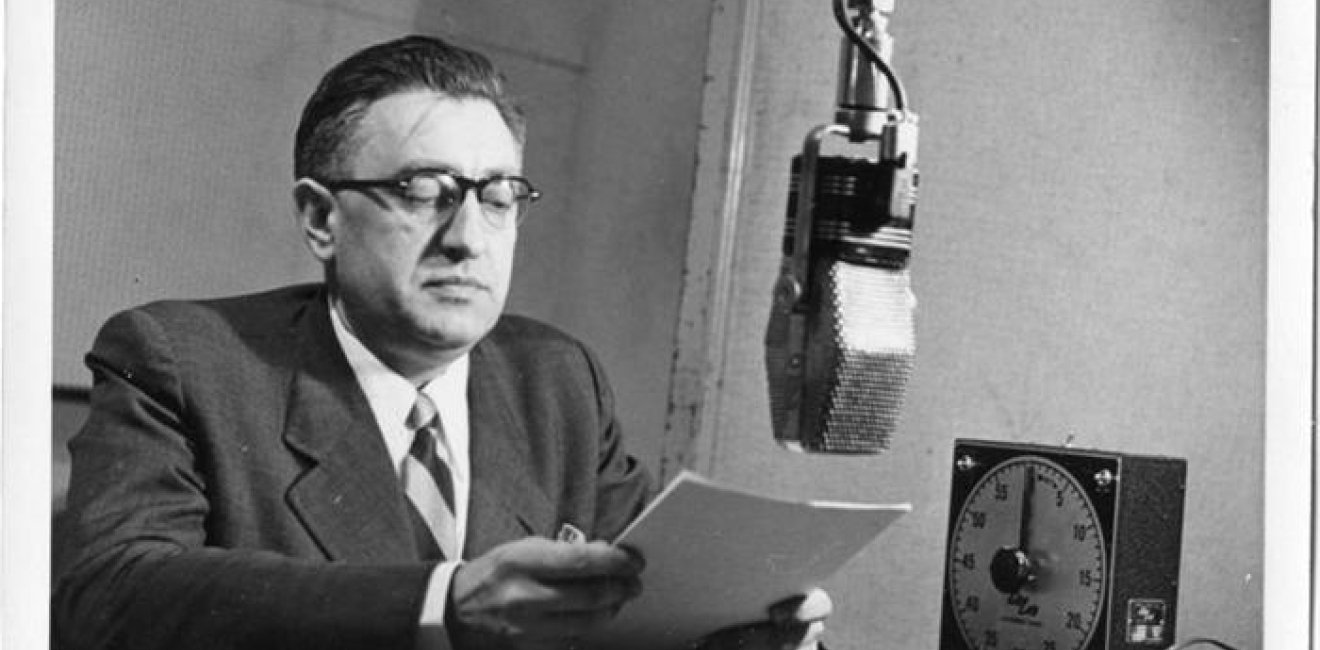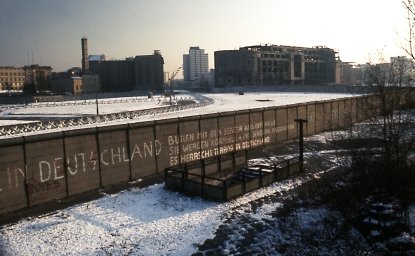Against the background of discussions between "East" and "West", between free democracies" and socialist "people's republics", post-war radio broadcasters gained a new significance. In contrast to the traditional media, radio waves could penetrate the "Iron Curtain". As a relatively new medium, radio assumed a new role as a mediator of information, worldviews, opinions, and ru-mour across state borders and the Cold War divide in 1950s Europe - similar to the internet today. Radio Free Europe shaped "images" of the "East" and the "West" in both East and West, and can thus be seen as an important and abiding protagonist in the Cold War.
On the occasion of Radio Free Europe's sixtieth anniversary, the Czech Center and Collegium Carolinum in Munich and the Institute for the Study of Totalitarian Regimes in Prague (ÚSTR) organized an international conference entitled Voices of Freedom - Western Interference? 60 Years of Radio Free Europe in Munich and Prague in Munich on 28-30 April 2011. Researchers from the U.S., Germany, East Central Europe and Scandinavia presented their latest works on RFE's activities and structures, as well as on the reception and role this broadcasting station played during the Cold War era. Moreover, a panel discussion ("Voices of Freedom?" - International Broadcasting Today), two round table discussions with witnesses, and a film screening was be part of the conference.
Read the Voices of Freedom - Western Interference? 60 Years of Radio Free Europe in Munich and Prague conference report in full.






